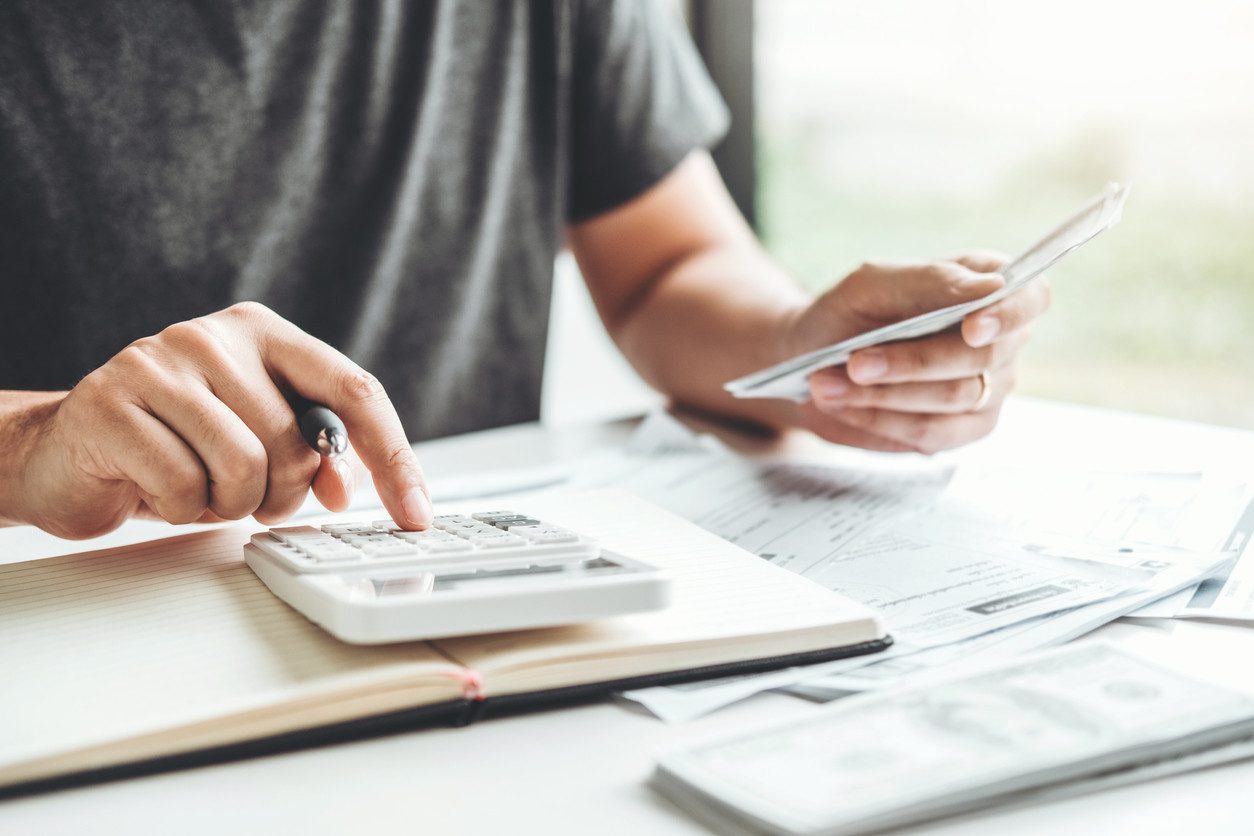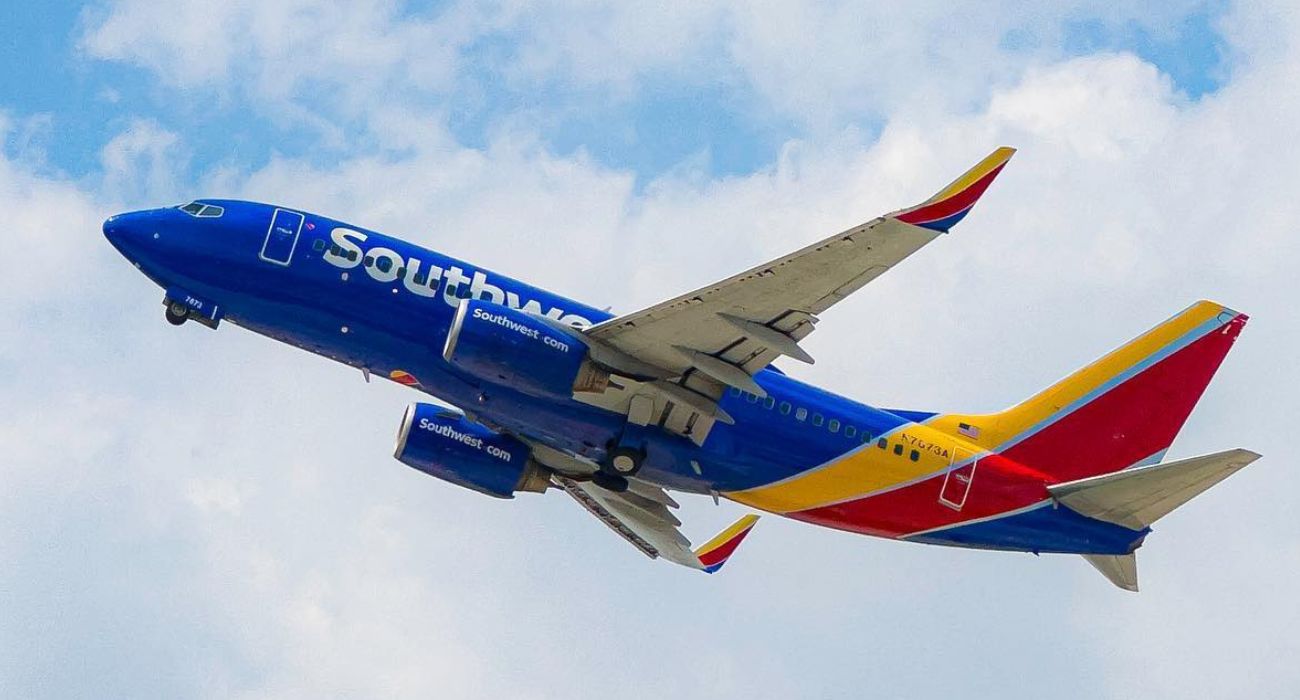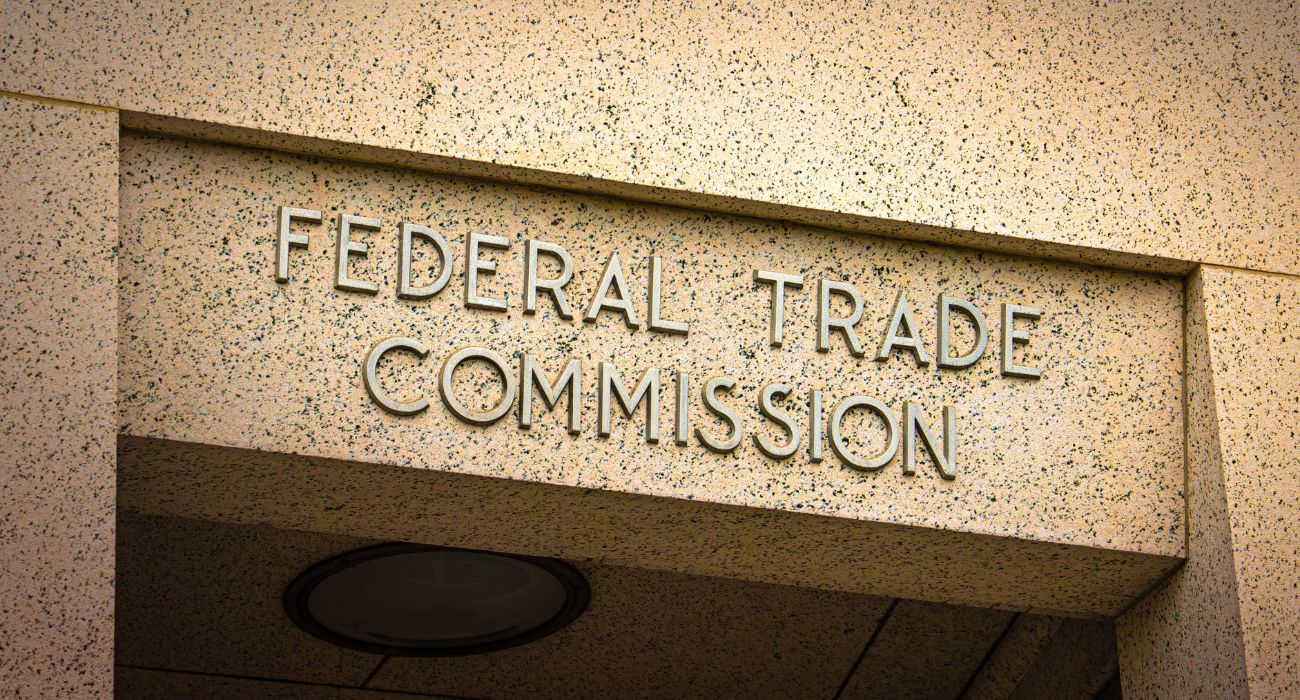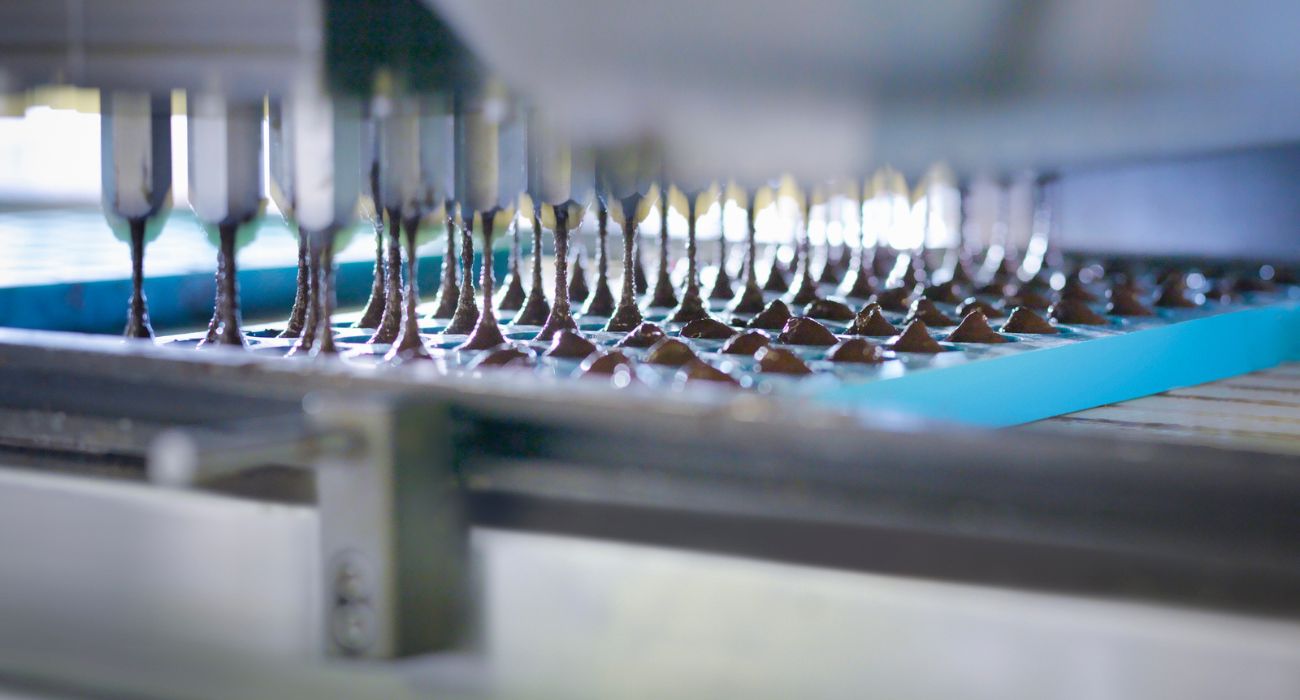The inflation rate in the United States is accelerating again, with prices clocking 8.6% higher from the beginning of the year through May, according to the U.S. Bureau of Labor Statistics (BLS).
The Consumer Price Index (CPI) rose by 1% in May, a greater rate of increase than in April, and a more significant burden on consumers who are paying more for essentials like food and gasoline.
The BLS published its figures on Friday, June 10. They indicate inflation is accelerating at a rate not seen since 1981.
The Federal Reserve has been attempting to curb inflation by implementing interest rate hikes, hoping to dampen economic demand so that supply-side production and logistics issues can be resolved. In theory, this would restore the economy’s balance and moderate the inflation rate.
While prices are rising, a new study indicates consumer confidence is declining. A survey by the University of Michigan shows a 14% decrease over May. It reported steep declines in “year-ahead outlook in business conditions” and “personal financial situation.”
The study also found that gas prices, which have increased roughly 65 cents nationally, figured significantly into many respondents’ assessments of the economy. Most expect gas prices to continue to rise at least 25 cents over the next year.
A recent Gallup poll seems to back up the CPI report. It shows that U.S. consumers still rate inflation as their top concern regarding the country’s economy. They also expect the problem to get worse.
Meanwhile, with supply chain and production problems continuing, economists warn that tamping down inflation “could be a slow and painful process,” according to the New York Times, especially since food and fuel prices worldwide continue to be affected by the war in Ukraine.
Despite the dismal projections seemingly accepted by many Americans, “there does seem to be considerable resilience in consumer spending,” according to Matthew Luzzetti, chief U.S. economist at Deutsche Bank, speaking with the New York Times.
Ironically, consumer demand, as represented by consumer spending, contributes to inflation.
“The path toward a soft landing is a very narrow one — narrow to the point where we expect a recession as the baseline,” said Luzzetti.






